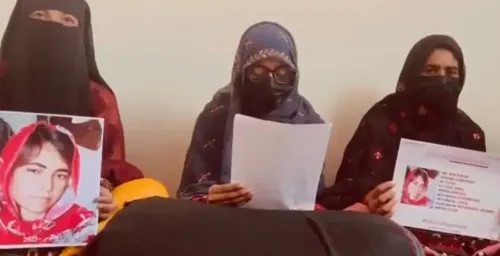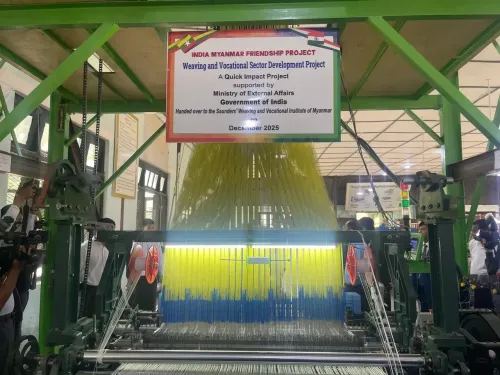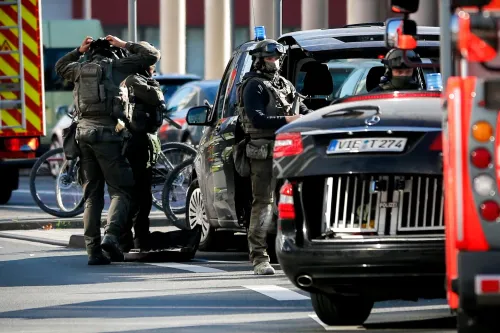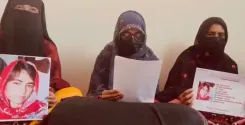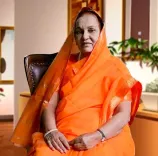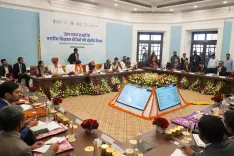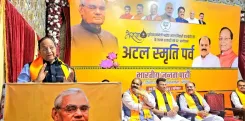Why Has Former South Korean President Yoon Suk Yeol Been Re-Arrested?
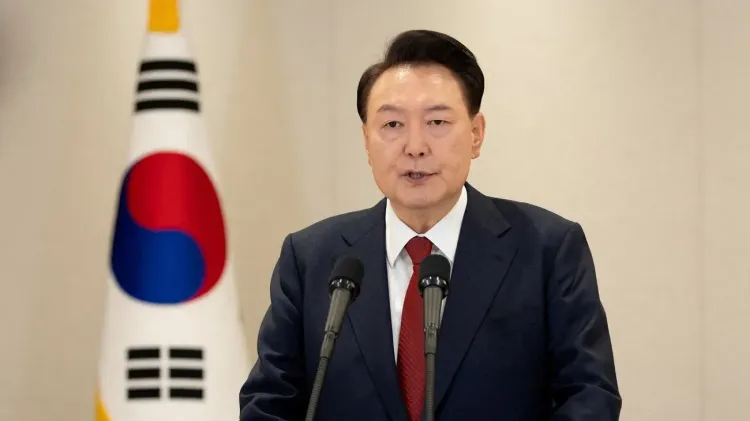
Synopsis
Key Takeaways
- Yoon Suk Yeol has been re-arrested over martial law allegations.
- First sitting president in South Korea to be arrested.
- Concerns about evidence destruction led to the new arrest warrant.
- Insurrection charges are significant as they challenge presidential immunity.
- New President Lee Jae-myung was elected amid the political turmoil.
Seoul, July 10 (NationPress) Former South Korean President Yoon Suk Yeol has been re-arrested in connection with last year’s unsuccessful attempt to impose martial law, a move that led to significant political upheaval in the nation. His initial arrest occurred in January after a protracted standoff, during which investigators had to breach barricades and cut through barbed wire to take him into custody at his residence.
Yoon was freed two months later when a court annulled his arrest on procedural grounds, yet he remains subject to trial.
In April, Yoon faced impeachment due to the order that briefly instituted military rule for six hours in December. The Seoul Central District Court's senior judge issued an arrest warrant on Wednesday, expressing concerns that Yoon might destroy evidence, as reported by the BBC.
Being the first sitting president of South Korea to be arrested, Yoon is now on trial for charges of leading an insurrection through his efforts to enforce martial law.
During a seven-hour hearing on Wednesday, special counsel representatives presented arguments supporting the arrest warrant based on five principal charges, according to South Korean news agency Yonhap.
These charges include accusations that Yoon violated the rights of cabinet members by excluding some from a meeting prior to declaring martial law.
Yoon attended the hearing with his legal team to contest the allegations before being transported to Seoul Detention Center while awaiting a decision regarding the arrest warrant.
Reports indicate that prosecutors have uncovered evidence suggesting that Yoon instructed military drones to operate over North Korea to elicit a reaction that would validate his martial law declaration.
Additionally, other senior officials are also facing charges related to insurrection and abuse of authority concerning the martial law declaration.
Insurrection stands as one of the few criminal charges from which South Korean presidents traditionally do not enjoy immunity; however, now that Yoon is no longer in office, he is susceptible to various criminal charges.
South Korea’s new president, Lee Jae-myung, was elected in June following a snap election triggered by Yoon's impeachment.
Lee’s campaign focused on a commitment to bolster the country’s democracy after the crisis, appointing a special counsel team to delve into Yoon’s martial law imposition and other criminal accusations involving his administration.


